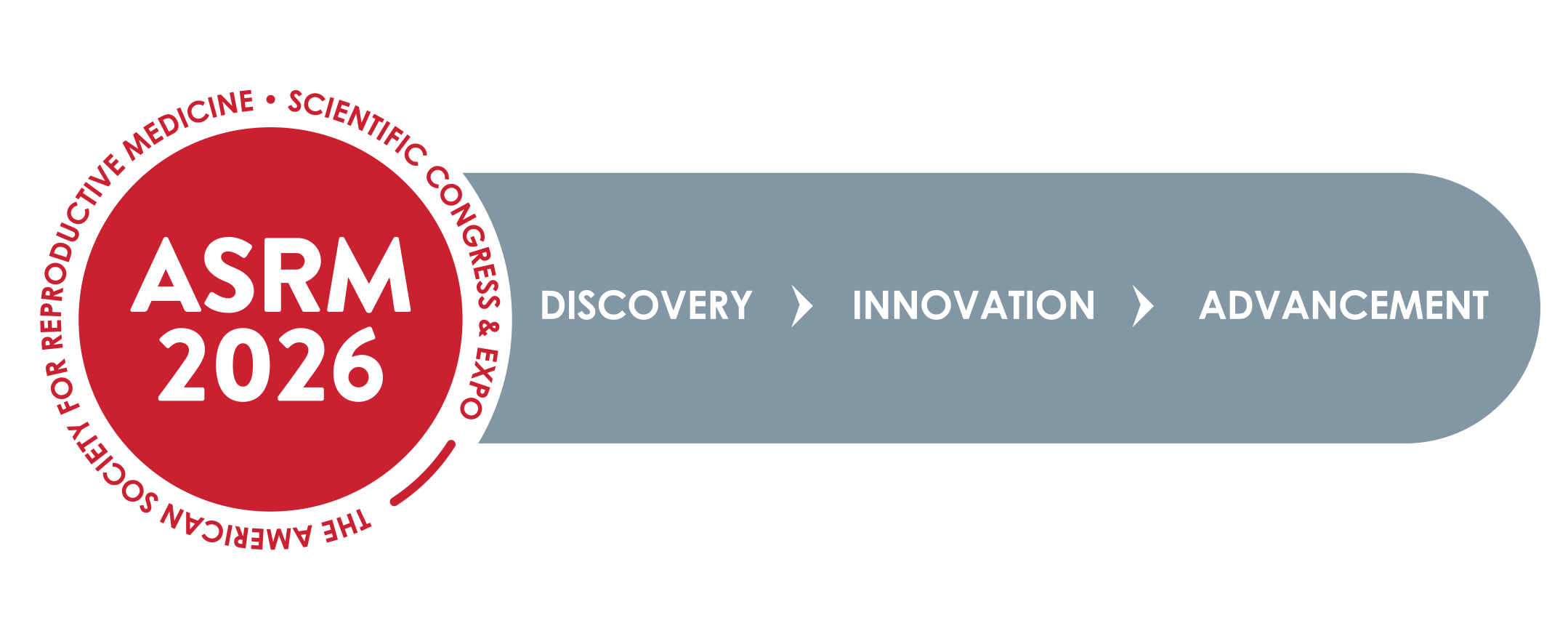ASRM Launches its Clinical Embryology Learning Laboratory program in Collaboration with SRBT, with the Support of CooperSurgical, Inc.
October 21, 2024
For immediate release
Washington, DC – The American Society for Reproductive Medicine (ASRM) is proud to announce the launch of its new embryology school, the ASRM Clinical Embryology Learning Laboratory (“CELL”), a first-of-its-kind national training program in the United States, developed in collaboration with the Society for Reproductive Biologists and Technologists (SRBT) and supported in part by CooperSurgical, Inc. Enrollment for this comprehensive course will open in July 2025, with the first cohort beginning later that year.
Addressing a Critical Need
As fertility treatments become increasingly popular, driven by trends such as people starting families later in life, the demand for skilled embryologists is rapidly growing. To meet this rising need, the CELL program is designed to ensure a consistent pipeline of highly trained professionals equipped to support the growing number of assisted reproductive technology (ART) procedures. While existing education systems have been vital in preparing embryologists, the need for expanded capacity in clinical hands-on training is clear to keep pace with the evolving field of human IVF.
“The increasing demand for fertility services requires a workforce that can rise to the challenge,” said ASRM President Dr. Paula Amato. “Our goal is to ensure that as more patients seek care, they have access to timely, high-quality fertility treatment. This program plays a key role in bolstering the number of skilled embryologists available, helping us provide critical reproductive care nationwide.”
A Collaborative Effort
In collaboration with ASRM’s affiliated society, SRBT, ASRM has developed this innovative program to provide in-depth, codified training to ensure high competency in clinical embryology. Students will be recruited from Society for Assisted Reproductive Technology (SART) member laboratories to help shorten their time for training or to help improve upon their current skill base.
“This initiative reinforces ASRM’s and SRBT’s commitment to advancing reproductive health through education and ensuring that embryologists receive the highest standard of professional development,” said SRBT President Marina Gvakharia, MD, PhD, HCLD/ELD(ABB). “The precision and specialized skillset required in these processes directly impact patient outcomes and the effectiveness of fertility treatments. We are excited to foster the next generation of embryology professionals who will continue to drive innovation in reproductive medicine.”
The Role of CooperSurgical
CooperSurgical, Inc., a leader in the fertility and women’s health field for nearly 35 years, has played a pivotal role in supporting this groundbreaking program. Known for pioneering technologies that are changing the landscape of how women, babies, and families are treated, CooperSurgical’ s commitment to innovation continues to enhance education and training in reproductive medicine. ASRM will be utilizing CooperSurgical’ s embryology training center in Livingston, NJ, for the hands-on portion of the program. CooperSurgical has generously donated the facility and supplies to support this important ASRM initiative.
Holly Sheffield, President, CooperSurgical, Inc. said “We are honored to be able to support ASRM in their quest to advance the science of embryology through innovative education and training, empowering professionals to transform the future of reproductive healthcare.”
Hands-On Training and Fellowship Experience
The 10-month Clinical Embryology Learning Laboratory Certificate Course will provide a comprehensive curriculum through a combination of in-person and virtual didactic lectures and simulation lab experiences. Participants will be taught both basic and advanced ART laboratory techniques, including embryo grading, micro-manipulation, and cryopreservation. Trainees will also receive extensive instruction in laboratory management, quality control, and reproductive genetics.
A key feature of the program is the hands-on component, with ten weeks dedicated to practical training in simulation laboratories using mouse and hamster gametes and embryos. This portion will prepare embryologists for real-world cases and students will bring this experience back to their workplace.
Looking Ahead
As fertility treatments become more widely sought, the CELL program is poised to set a new standard in training and competency, ensuring the next generation of lab supervisors and directors is fully equipped to meet the needs of IVF clinics nationwide. Graduates of the program will be prepared to step into key roles, addressing the increasing demand for skilled embryologists as the field expands.
“We are thrilled that ASRM has developed this program, which will significantly shorten the time required to train competent embryologists,” said TJ Farnsworth, President of the Fertility Practice Alliance. “By streamlining the training process while maintaining rigorous standards, ASRM is helping to address the critical workforce shortage in reproductive medicine, which will ultimately benefit patients and clinics alike.”
Future updates about the program, including information about enrollment details, will be available at www.asrm.org.
